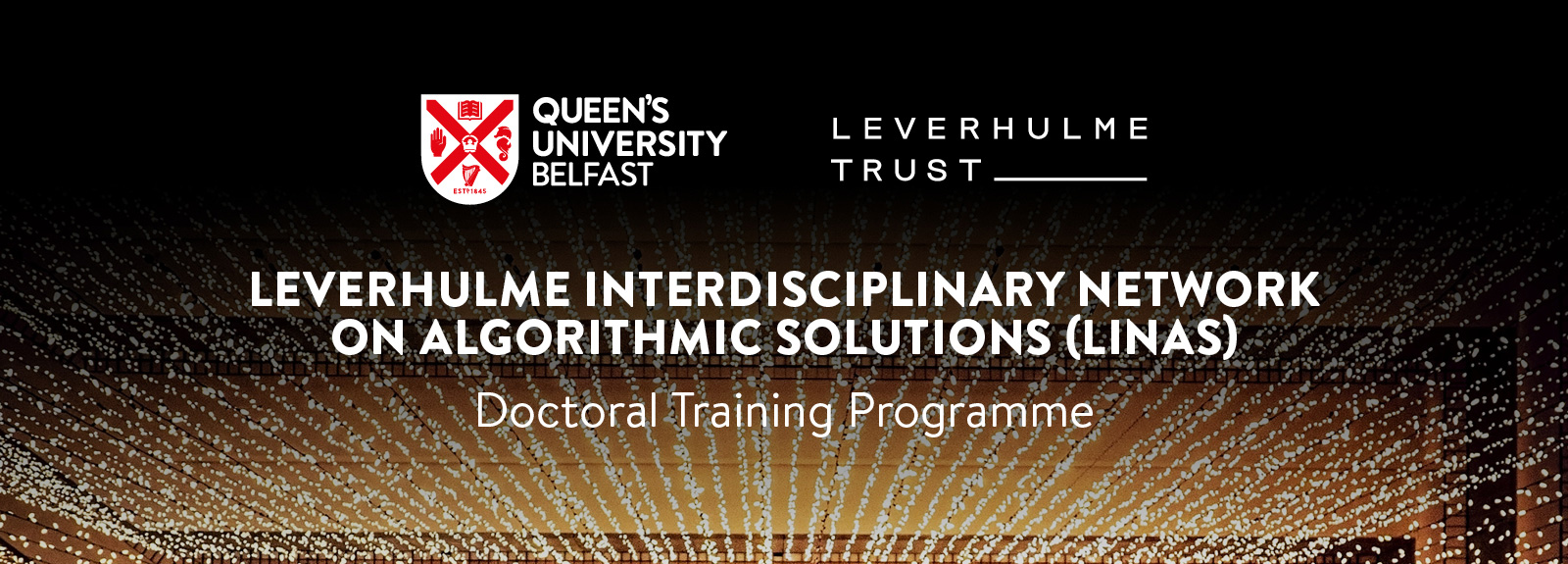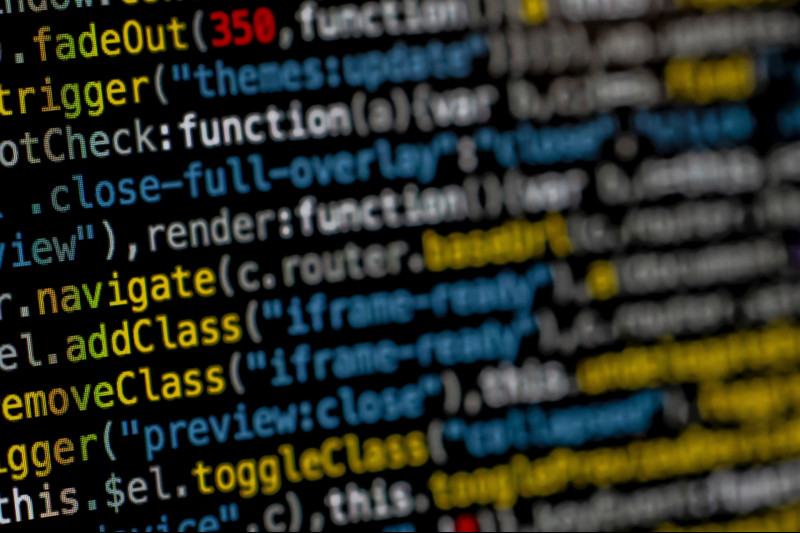LINAS Doctoral Training Programme

LINAS brings together a wide range of PhD scholars and an extended supervisory team to explore the implications of massive-scale data processing, artificial intelligence (AI) and machine learning (ML). Our focus is on exploring the actual operation of algorithmically driven public decision-making in wider society, and within science and engineering. Professor John Morison
Leverhulme Interdisciplinary Network on Algorithmic Solutions (LINAS)
The LINAS Doctoral Training Programme (DTP) seeks to develop a cohort of Doctoral Scholars who can address the implications of massive-scale data processing, artificial intelligence (AI) and machine learning (ML) for both the actual operation of algorithmically driven public decision-making in wider society, and within science and engineering.
Together the rapidly evolving approaches to data make up what have been termed ‘enigmatic technologies’, where authority is concealed behind algorithms. Within the social science domain, algorithmically driven public decision-making, challenges the role of human agency and politics, human rights law and principles of transparency and accountability. For science and engineering, there is a challenge to the traditional scientific governing principles of transparent working and reproducibility.
LINAS brings together legal scholars, social scientists, physical scientists, mathematicians, computer scientists and engineers to develop a distinctive cohort of doctoral students working across the boundaries of their own disciplines. Our ambition is to support the development of integrated, effective, scientifically rigorous and socially responsible algorithmic solutions.
It is hosted by The Senator George J. Mitchell Institute for Global Peace, Security and Justice in collaboration with the Schools of Law, Electronics, Electrical Engineering and Computer Science, Mathematics and Physics, History, Anthropology, Philosophy and Politics, Social Sciences, Education and Social Work, Psychology and Arts, English and Languages.








